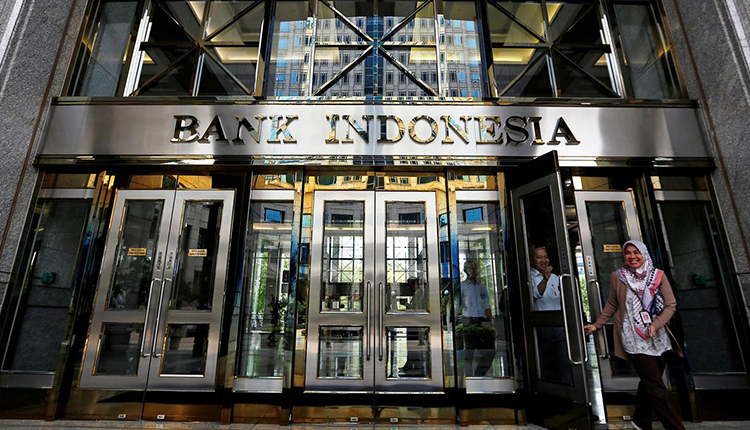Indonesia’s surprise interest rate cut has been the latest in a wave of monetary policy easing in Asia, and analysts explained that central banks in the region have to ease monetary policy further as growth threatens to stall.
Bank Indonesia on Thursday cut its key policy rate by 25 basis points to 5.5 percent to support growth amid an increasingly fragile global economy. A total of 17 out of 19 economists polled by Reuters had expected the central bank to keep policy steady in August after last month’s easing.
Perry Warjiyo, Indonesia’s central bank governor, told CNBC on Friday there’s room to cut interest rates this time because inflation for the year is expected to remain within its target range of 2.5 percent to 4.5 percent. That will help Indonesia to maintain its growth momentum at a time when the ongoing tariff fight between the U.S. and China has held back global economic activity, he explained.
A lower interest rate environment generally encourages businesses and consumers to spend more, which boost the economy but could cause inflation to rise. Prices rising too much and too quickly are harmful for the economy, so central banks typically adjust monetary policies to keep inflation in check.
“This is a preemptive move to support our growth momentum and to anticipate the possibility of downward risks on the global economic outlook going forward,” Warjiyo told CNBC’s “Street Signs.”
The central bank expects Indonesia’s economy to grow between 5 percent and 5.4 percent this year. Last year, the country — Southeast Asia’s largest economy — grew by 5.17 percent.
Rate cuts across Asia
The interest rate cut by Bank Indonesia will not be the last of monetary policy easing in Asia, according to economists. Central banks in India, Malaysia, the Philippines, Thailand and South Korea have cut rates this year and could ease further. Others which have not lowered interest rates, such as Singapore, could follow.
Asian economies are closely linked to Chinese imports and exports, so they’re particularly vulnerable if trade tensions between Washington and Beijing escalate, several economists have said.
“One has to remember that Asia is really more directly exposed to Chinese trade,” Steve Cochrane, chief Asia Pacific economist at Moody’s Analytics, told CNBC’s “Squawk Box” on Friday.
“So, the risks are really great here,” he added.
But the wave of rate cuts so far has only resulted in a “modest effect” in easing overall financial conditions, according to an analysis by Australian bank ANZ. That may not be enough to support growth, said the bank’s analysts.
“This suggests the need for more monetary policy easing by Asian central banks to offset the tightening in financial conditions as they respond to the external environment,” they added.
Source: CNBC


